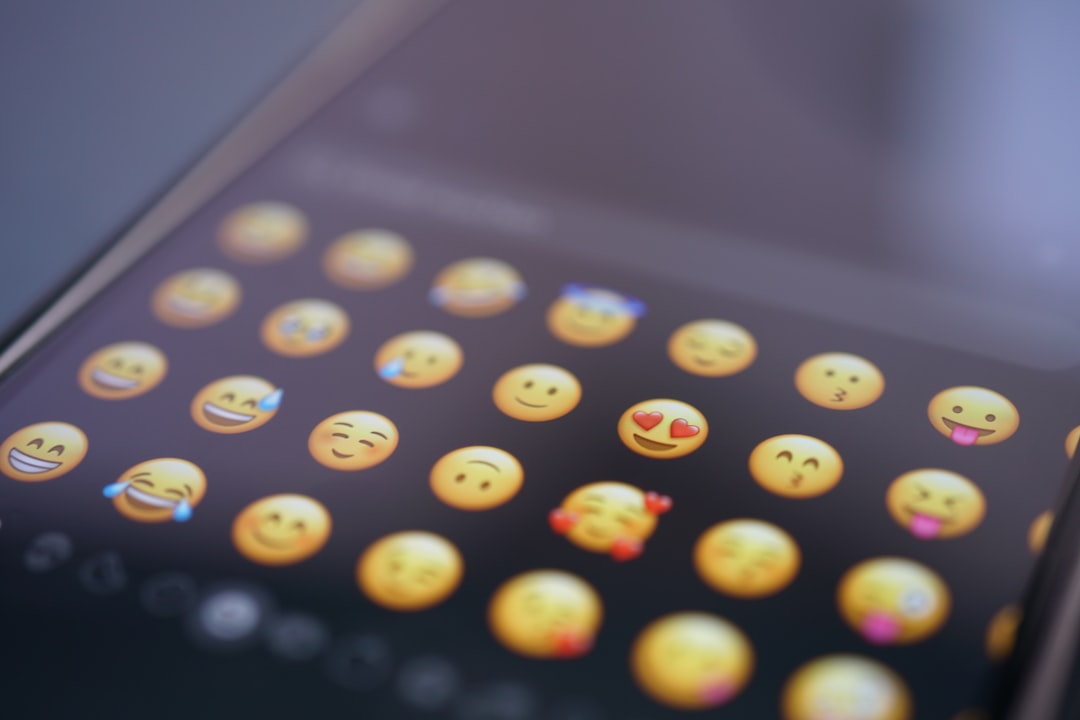Imagine you’re trying to learn a new language, and someone says, “That’s lit!” Do you think they’re talking about fire or just having a great time? Spoiler: it’s the second one. This is where things get tricky — even for Artificial Intelligence (AI)!
AI has come a long way in translating languages. But when it comes to *slang* and *colloquial language*, the road gets a little bumpy.
What Is Slang and Colloquial Language Anyway?
Slang is informal language that’s mostly used by certain groups. It changes fast and depends on trends. Words like “cool,” “GOAT,” or “sus” are great examples.
Colloquial language is just everyday talk. It’s stuff people say in conversations but don’t usually write in formal settings. Phrases like “gonna,” “y’all,” or “give me a sec” are all part of this.
Can AI Handle Slang?
Turns out, AI can be smart — but not *that* street smart. AI is trained on data. Tons and tons of it. But a lot of that data comes from books, official news articles, or clearly written websites. That means slang might not always show up enough for AI to spot the pattern.
So when someone says, “She spilled the tea,” AI might not know they’re not talking about a mess with a teacup. In slang, it means she shared some juicy gossip.
That’s where translation can go wrong.
Why Slang Is So Tricky for AI
Here are a few reasons slang and colloquial phrases trip up AI:
- It changes fast: What’s cool today might be cringe tomorrow.
- It depends on context: “Sick” can mean bad or awesome depending on how it’s used.
- It varies by region: British, American, and Australian speakers all have different slang.
- It can have double meanings: Words often have more than one use or hidden meaning.
All of this makes it really hard for AI to keep up!
How AI Is Trying to Get Better
Good news — AI isn’t just giving up. Tools like Google Translate and DeepL are constantly being improved.
Developers now include more *real talk* from social media, pop culture, and casual chats to train AI models. This helps AI understand more informal language.
They also use machine learning. That means the more you and other people use AI tools, the more they learn from patterns and improve over time.

Does It Always Work?
Not always. Sometimes AI gets it so wrong, it’s actually funny.
For example, if someone says, “I was shook,” meaning they were surprised or overwhelmed, the AI might translate it literally — and suddenly you’re “shaking” in another language.
Still, AI is doing better each day. Especially with short, popular phrases that get used a lot.
Tips to Help AI Translate Slang Better
If you’re using AI translation and want to help it out, follow these tips:
- Use simple phrases: Try to stick to clear language when possible.
- Add context: Give an extra sentence that explains what you mean.
- Don’t overuse slang: Especially if it’s rare or very new.
- Check the result: Use a second translation tool or ask a native speaker.
The Bottom Line
AI is smart, but slang is a whole different game. It’s like slang has its own secret language — and AI is still learning the rules.
As AI becomes more advanced and trains on more casual content, you can expect better slang translations in the future. Until then, maybe just try to avoid telling your AI translator that something is “dope” — unless you want a very confusing result!
Language evolves fast, and so does AI. So who knows? One day, AI might finally be fluent in Teen Speak!



